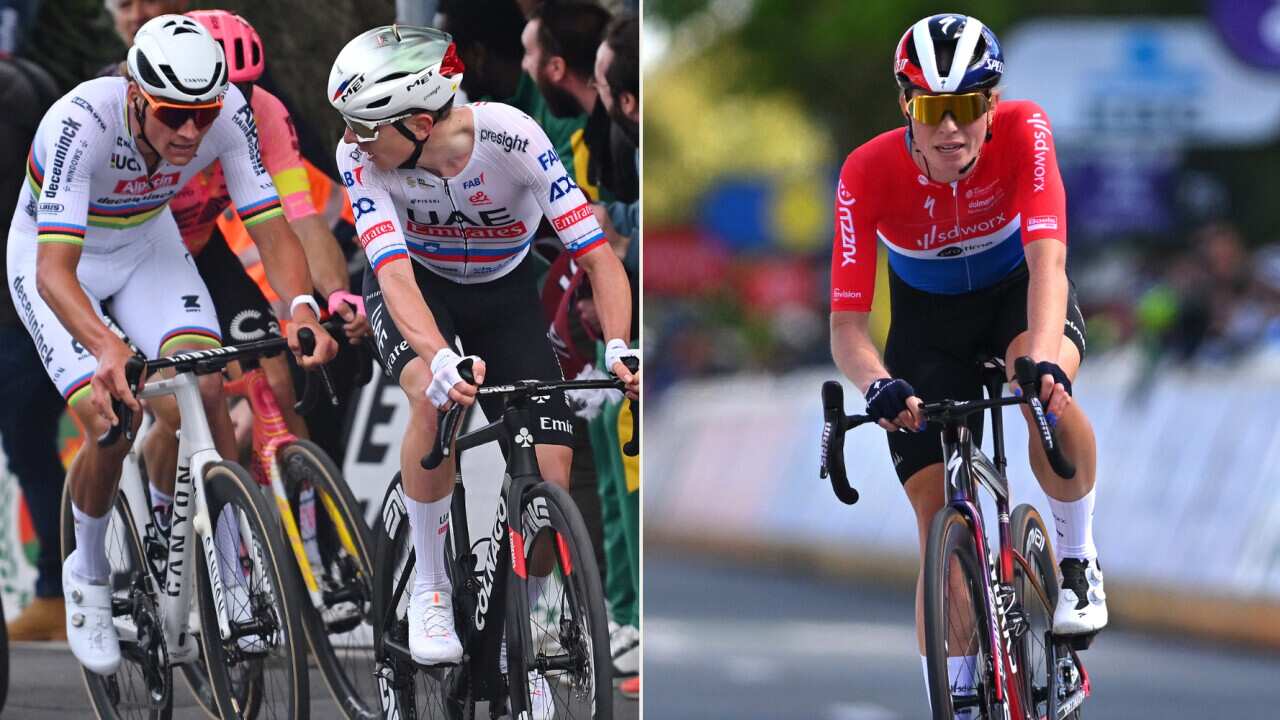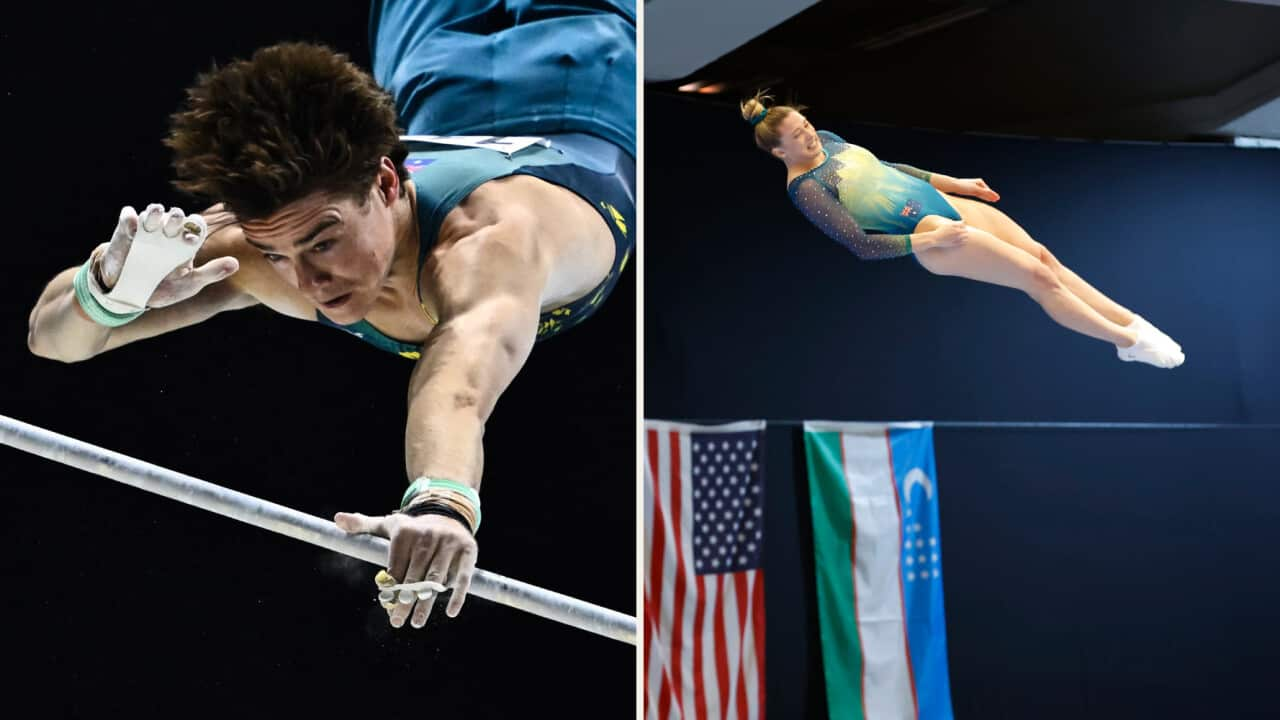Modric, 33, became the first player from the Balkans to snare the famous Ballon d'Or award that was established in 1956 by magazine France Football to coincide with the inaugural European Champions' Cup and had English legend Stanley Matthews as the first winner.
It is the world's most important and prestigious award of its kind and one that matters most to most people.
Modric also is the first player to break the 10-year stranglehold on the award held by Barcelona's Messi and Ronaldo of Juventus, who won it a record five times each.
And it was good to see a provider of goals prevail over those who usually grab all the headlines with their scoring exploits.
Modric's career shot skywards after he moved from Tottenham Hotspur to Real Madrid in 2012.
He soon became one of the brightest stars in La Liga and he crowned his stellar contribution to the game by winning this year's UEFA Champions League and captaining Croatia to the FIFA World Cup final.
There will be few complaints about the crowning of master Modric who, apart from being an extraordinary footballer, conducts himself impeccably on the field where he is often the target of burly defenders who do not take too kindly to his wizardry on the ball.
Modric therefore becomes one of many genuine superstars to be rightly recognised by the world's media.
But it was not always this way.
The Ballon d'Or was an award for European players only up to 1994 and for anyone playing in Europe up to 2009.
When it was opened up in 1995 Liberia striker George Weah took advantage by becoming the first and only African to date to land the coveted prize.
Who knows who would have won the award in the Europe-only days before the rules were first changed in 1995?
Well, according to the French magazine there is only one answer: Pele.
According to a 'revision' of the Ballon d'Or, the Brazilian hero would have won the award six times from 1958 to 1964. The only year he would have missed out was in 1962 when compatriot Garrincha would have been acknowledged for his sublime football in the World Cup in Chile in that same year.
Pele also would have won the award in 1970 after leading Brazil to world glory in Mexico.
The published official and 'revised' winners are:
1958: Raymond Kopa (France) - Pele (Brazil)
1959: Alfredo di Stefano (Spain) - Pele (Brazil)
1960: Luis Suarez (Spain) - Pele (Brazil)
1961: Omar Sivori (Italy) - Pele (Brazil)
1962: Josef Masopust (Czechoslovakia) - Garrincha (Brazil)
1963: Lev Yachine (USSR) - Pele (Brazil)
1964: Denis Law (Scotland) - Pele (Brazil)
1970: Gerd Muller (West Germany) - Pele (Brazil)
1978: Kevin Keegan (England) - Mario Kempes (Argentina)
1986: Igor Belanov (USSR) - Diego Maradona (Argentina)
1990: Lothar Matthaus (West Germany) - Diego Maradona (Argentina)
1994: Hristo Stoichkov (Bulgaria) - Romario (Brazil)
It is a highly subjective exercise performed by people who probably did not even watch Pele play domestically but the result nonetheless is significant and carries a degree of weight.
The Ballon d'Or has sparked plenty of debate surrounding the merits or otherwise of its various winners and no doubt the five titles each won by Messi and Ronaldo confirm their standing in the world game.
But if the current rules were in place from the beginning, Pele would have won seven titles, according to France Football estimates.
For all its worth, it would have given the debate over football's all-time greatest a new perspective and point of reference, wouldn't it?









